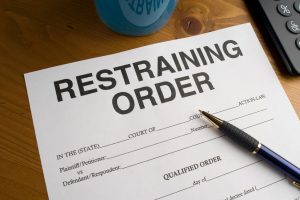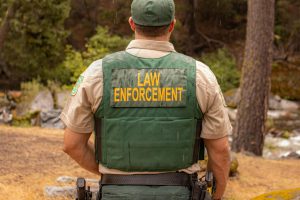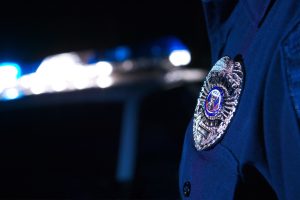Finding out there’s a warrant for your arrest is one of the most unsettling experiences a person can face. Your mind races. You wonder: Will they show up at my house? Will they arrest me at work? Will my name appear in public records? What happens to my job, my family, my reputation?
Take a breath. You have more options than you think. But the decisions you make in the next few hours and days matter enormously. As a Fort Lauderdale criminal defense attorney, I’ve guided many people through exactly this situation. Here, I’ll walk you through what a warrant means, what your rights are, and most importantly, a general guide on what you should — and should not — do.
First, What Exactly Is a Warrant?
In Florida, a warrant for your arrest is a court order authorizing law enforcement to take you into custody. Warrants are typically issued in two ways:
1. A Capiases (Capias) A capias is a court-issued directive for your arrest, most commonly issued when a person fails to appear for a scheduled court hearing (sometimes called a “failure to appear” or FTA), or when a judge finds probable cause to charge someone with a crime. The term comes from the Latin capias ad respondendum — literally, “that you take to answer.” Under Florida Rule of Criminal Procedure 3.121, a capias must be directed to all law enforcement officers in the state and must include your name, offense charged, and the amount of any bail.
2. An Arrest Warrant Based on Probable Cause Under Florida Rule of Criminal Procedure 3.120, a judge may issue an arrest warrant upon a sworn complaint or affidavit establishing probable cause to believe a crime has been committed and that you committed it. This is different from an indictment but serves a similar function: it gives law enforcement the legal authority to arrest you.
Both types of warrants are entered into the Florida Crime Information Center (FCIC) and the National Crime Information Center (NCIC), meaning law enforcement anywhere in Florida — and often nationwide — can see and act on them.
The Two Scenarios: Getting Picked Up vs. Walking In
Here’s the most important thing to understand: you have a choice in how this plays out, and that choice has real consequences.
Scenario 1: Getting Picked Up (The Worst Way This Can Go)
If you ignore a warrant and do nothing, law enforcement will eventually find you — and they’ll do it on their schedule, not yours. That might mean:
- A knock on your door at 6:00 a.m.
- An arrest in your workplace parking lot, in front of colleagues or customers
- A traffic stop that turns into an unexpected detention
- An arrest in front of your children or family members
Beyond the personal humiliation, being picked up this way gives you zero control over timing, setting, or initial conditions. You won’t have had the chance to speak with an attorney. You won’t have arrangements made for bail. You’ll be processed through Broward County Jail on law enforcement’s timetable, which can mean sitting in a holding cell for 24–48 hours or longer before seeing a judge. And it will almost certainly be more traumatic than it needs to be.
Scenario 2: The “Walk-In” or Voluntary Surrender (The Smarter Option)
A voluntary surrender — sometimes called a “walk-in” or “walk-in capias” — is exactly what it sounds like: working with your attorney to arrange your surrender to the court or law enforcement in a controlled, dignified manner. This approach has significant advantages. Continue reading
 Fort Lauderdale Criminal Attorney Blog
Fort Lauderdale Criminal Attorney Blog










